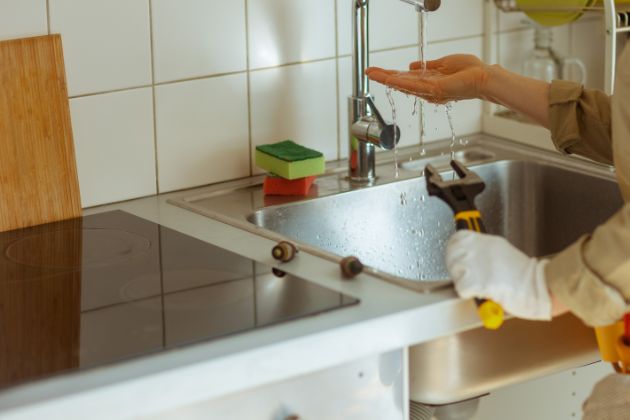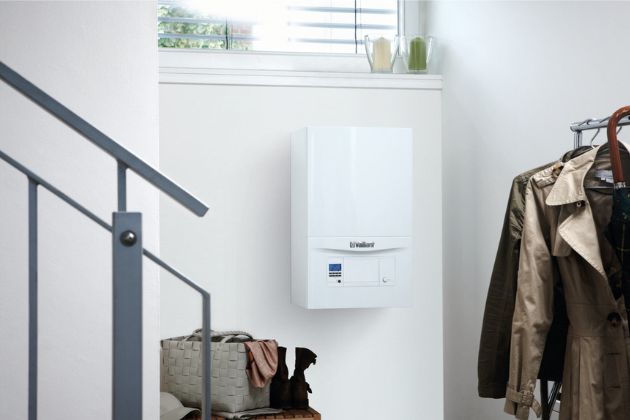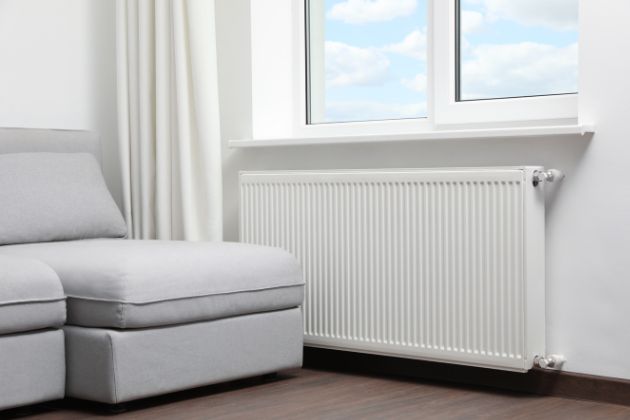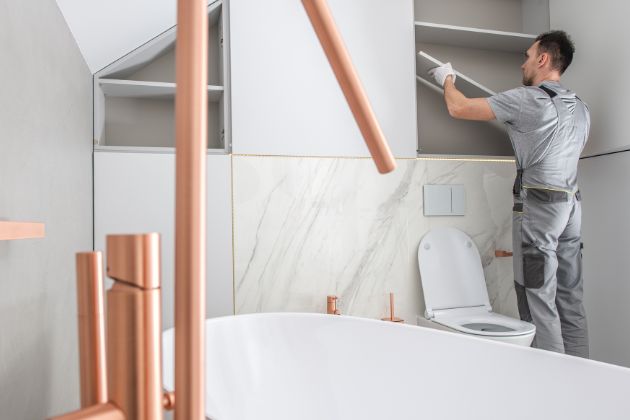Can Plumbers Help Improve Water Pressure At Home?
Low water pressure can make daily routines frustrating, whether it’s struggling to rinse shampoo, fill the bath, or run multiple taps at once. Many homeowners assume it’s just a limitation of their property or the local supply, but in most cases, a qualified plumber can help improve your water pressure. From identifying blockages to upgrading your system, professional plumbing services play a vital role in restoring steady and reliable flow throughout your home.
How Plumbers Can Improve Water Pressure in Your Home
1. Conducting a Detailed System Inspection
A plumber begins by carrying out a full inspection of your water system. This includes checking your main stopcock, inspecting visible pipework, and measuring flow rates at different outlets. By using pressure gauges and flow meters, they can determine whether the problem lies within your home or originates from the mains supply. This diagnostic step helps avoid unnecessary work and ensures repairs target the true cause of poor pressure.
2. Detecting and Repairing Leaks
Even small leaks can significantly reduce pressure in your pipes. Plumbers use specialised equipment such as acoustic detectors and moisture sensors to locate hidden leaks within walls or under floors. Once identified, they repair the damage using durable fittings or pipe replacements. Fixing these leaks not only restores water pressure but also prevents water waste and potential property damage.
3. Removing Blockages and Mineral Build-Up
Over time, mineral deposits and scale can accumulate inside pipework, taps, and showerheads, especially in hard water areas. These blockages restrict water flow and contribute to uneven pressure. Plumbers can perform a professional pipe flush or use descaling solutions to clear obstructions. They may also recommend installing a water softener to prevent future build-up, maintaining smooth and consistent flow.
4. Adjusting Valves and Pressure Regulators
Sometimes, low water pressure results from incorrectly adjusted or partially closed valves. A plumber will inspect the stopcock and any pressure-reducing valves (PRVs) to ensure they are open and functioning correctly. If your PRV is set too low or has become faulty, adjusting or replacing it can make an immediate difference in restoring normal flow throughout your home.
5. Replacing Faulty Fixtures and Pipework
Old or damaged fixtures, such as taps, shower mixers, or outdated pipe materials, can also reduce flow efficiency. A plumber can replace these components with modern fittings designed for higher performance. For properties with ageing or corroded pipe systems, upgrading to new materials like copper or plastic can eliminate restrictions and dramatically improve pressure.
6. Installing a Booster Pump or Pressurised System
If your property receives low pressure from the mains supply, plumbers can install a booster pump or pressurised water system. These units actively increase water flow throughout your home, providing strong and consistent pressure for all outlets. In larger homes or multi-storey properties, they ensure balanced pressure across every level, preventing weak showers or slow taps.
7. Providing Maintenance and Prevention Advice
Once your water pressure has been restored, a plumber can offer maintenance advice to keep it that way. This might include regularly cleaning tap aerators, scheduling annual inspections, or checking valve positions. Ongoing care ensures your plumbing system continues to deliver reliable performance and avoids gradual drops in pressure over time.
Professional Plumbing Service Across Storrington, Horsham, Pulborough, Billingshurst, and West Sussex
Pipeline Plumbing Services helps homeowners improve water pressure with professional diagnostics, repairs, and system upgrades. Our experienced team ensures your home enjoys reliable flow and optimal performance year-round. Call us today on 01903 740538 or 07871 725133, or fill out our contact form to book your plumbing service.




